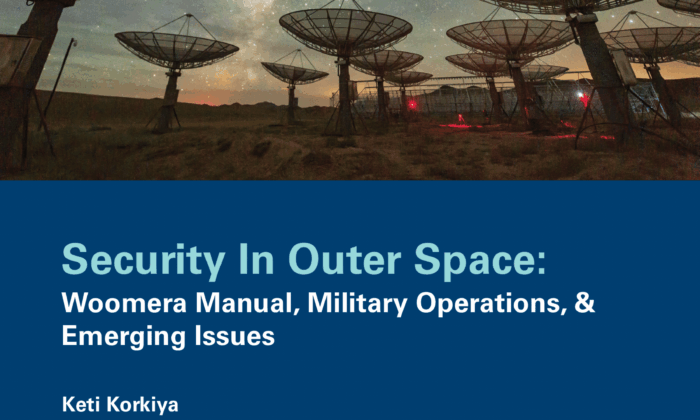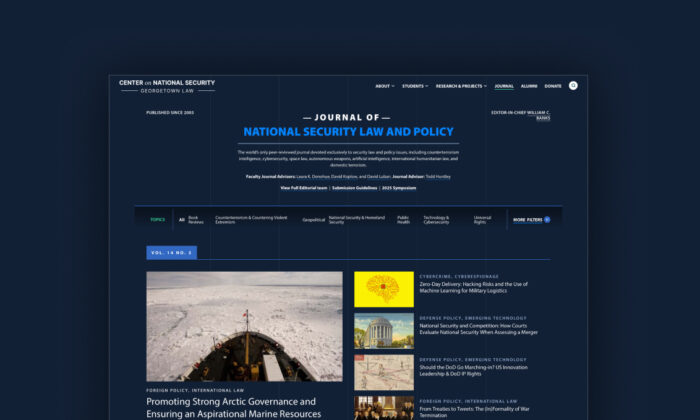Author: Laura West
Despite exhausting levels of discourse surrounding information warfare and the dramatic rise of these operations in the information environment, the United States still lacks a unified understanding and approach to countering these threats. The U.S. government continues to advocate for the notion that combating information warfare requires a whole-of-society approach. The problem with this approach is that those aspects of society primarily engaged in the fight government agencies, private companies, media, academia, and individuals—all define and understand information warfare differently.
The goal of this article is essentially twofold: to arrive at a common U.S. national definition of information warfare by reframing its surrounding discourse, and to introduce new ways of thinking or additional insights about how U.S. domestic law works toward combating information warfare as it has been shaped in today’s information environment. In some instances, our domestic laws currently do offer avenues for combating information warfare. In other instances, our laws might need to be reconceptualized in order to do so. In the end, this article is meant to provoke those conversations required for the United States to regain its stance as a leader nation in the fight against information warfare and champion for democracy, all while better understanding the information harms of today and into the future.



